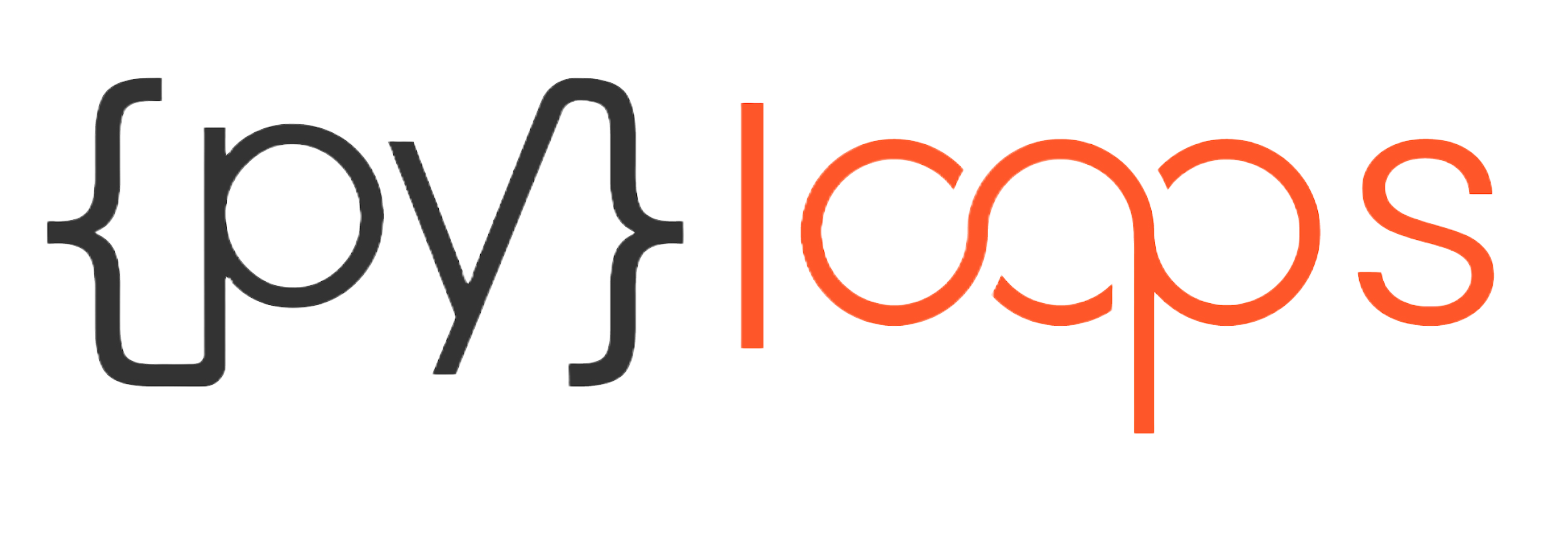
blogs
The Impact of AI and Automation on IT Jobs
October 16, 2023DigitalTransformation, Talent, TechTalent, TechIndustry, ProfessionalDevelopment, TechTrends, accessiblity
-
Improved Efficiency and Productivity: AI and automation can handle repetitive and time-consuming tasks more efficiently than humans. This includes tasks like software testing, code generation, and system monitoring, which can significantly boost productivity and reduce human errors.
-
Enhanced Security: AI can help identify and respond to security threats more effectively through real-time monitoring and threat detection. Automation can swiftly patch vulnerabilities and execute predefined responses to security incidents.
-
Predictive Maintenance: In IT infrastructure, predictive maintenance using AI can help prevent system failures by monitoring hardware and software components for signs of impending issues. This can minimize downtime and reduce maintenance costs.
-
Customer Support: Chatbots and virtual assistants powered by AI are increasingly used for providing customer support, helping IT organizations offer 24/7 assistance and reduce response times.
-
Data Analysis and Decision-Making: AI can process and analyze large volumes of data faster and more accurately than humans. This is valuable in IT for tasks such as data mining, pattern recognition, and making data-driven decisions.
-
DevOps and Continuous Integration/Continuous Deployment (CI/CD): Automation plays a critical role in the DevOps and CI/CD pipelines, allowing for faster and more reliable software development and deployment processes.
-
IT Infrastructure Management: AI and automation can optimize resource allocation in data centers, cloud environments, and network management, leading to cost savings and more efficient resource utilization.
-
Code Generation: AI can assist in code generation, making it easier to develop and maintain software. This reduces the time and effort required for software development.
-
IT Governance and Compliance: AI-powered tools can help IT departments ensure compliance with regulations and standards by monitoring and reporting on adherence to security and compliance policies.
-
Job Displacement and Reskilling: While AI and automation can enhance productivity, there are concerns about potential job displacement. IT professionals may need to reskill and adapt to new roles that involve designing, implementing, and maintaining AI and automation systems.
-
Data Privacy and Ethics: As AI systems handle sensitive data, privacy and ethical concerns become more critical. Proper governance and regulations are needed to ensure data security and ethical AI practices.
-
Cost Reduction: Automation can lead to cost savings by reducing the need for manual labor and streamlining IT operations. However, initial implementation costs and ongoing maintenance are consideration